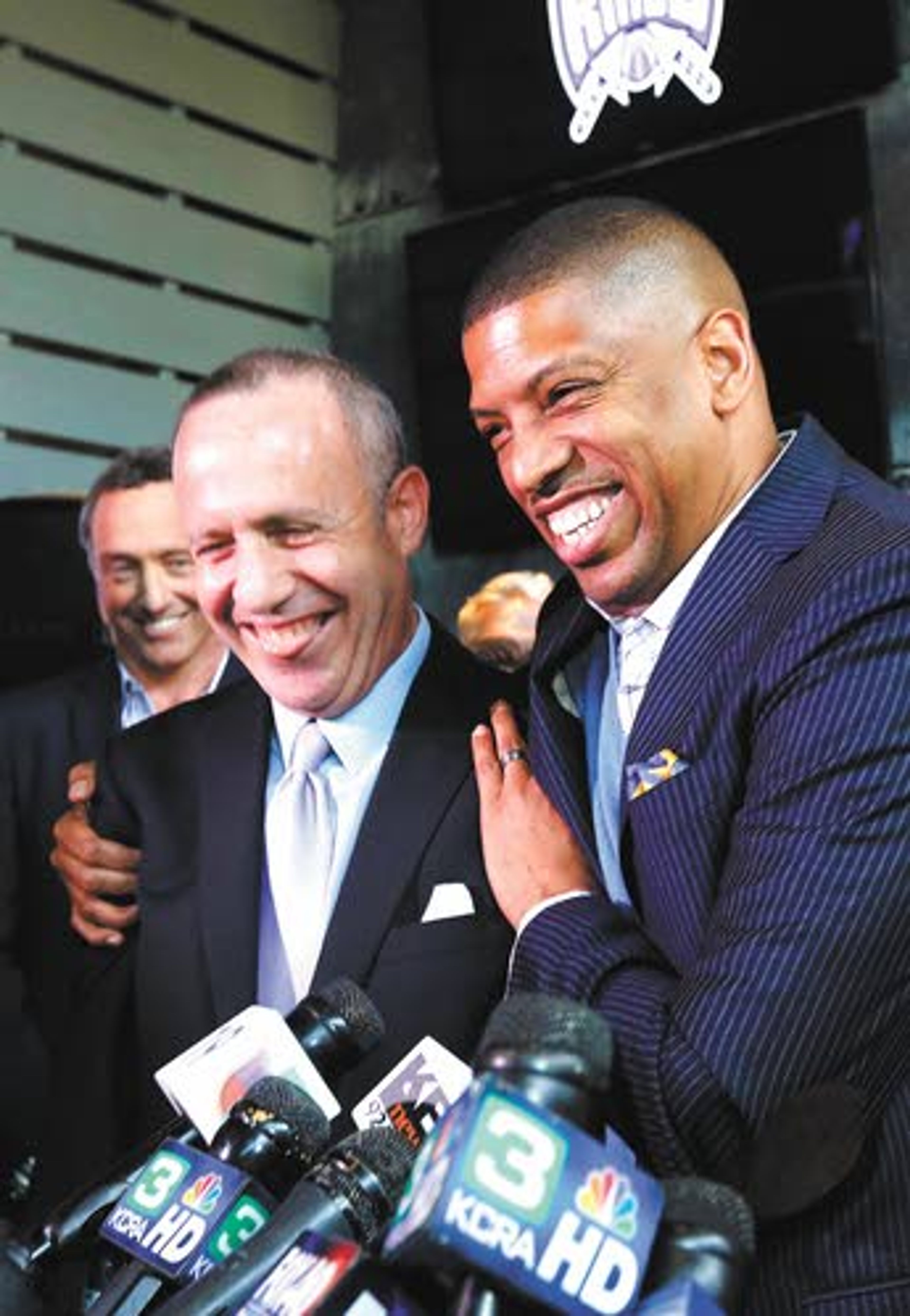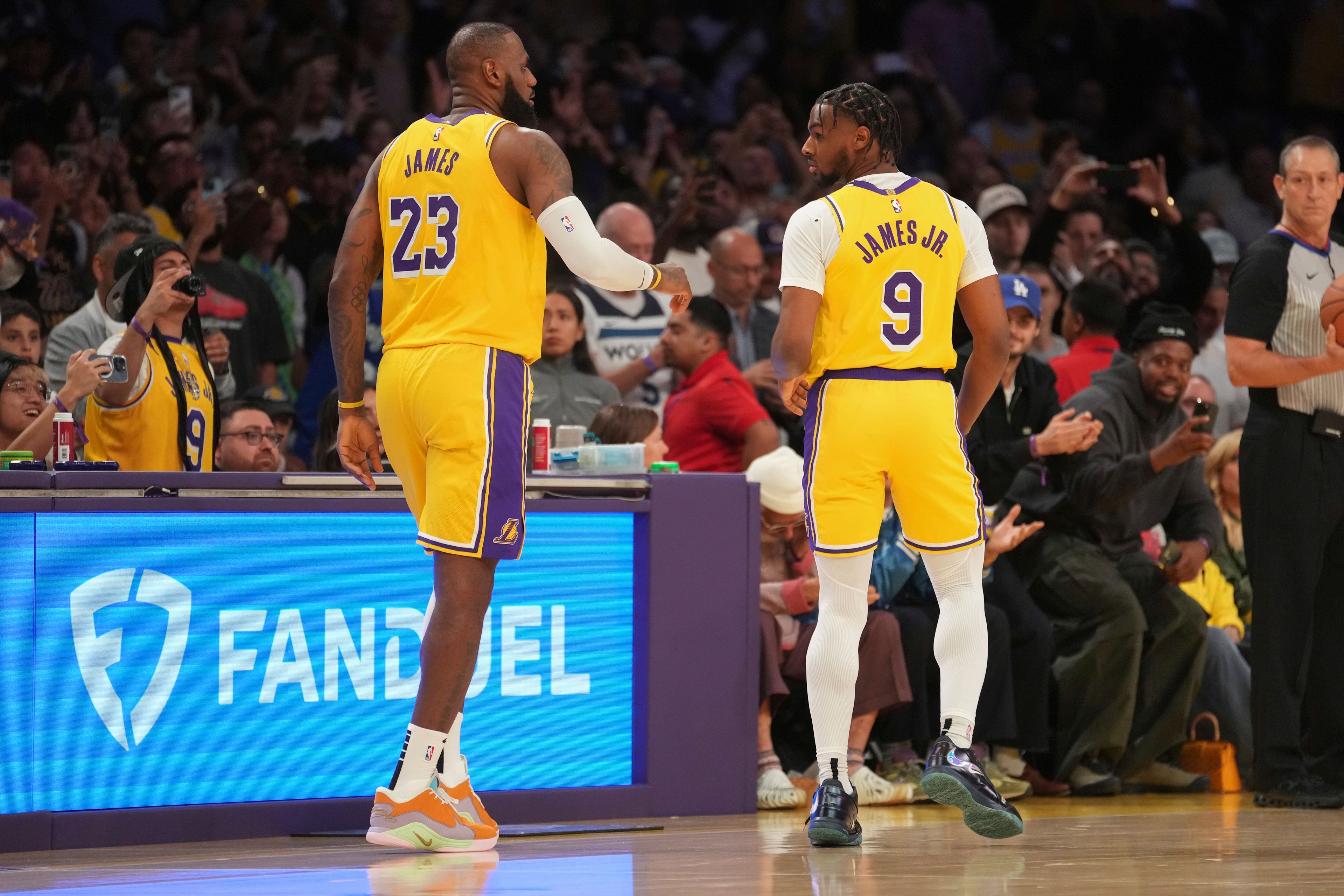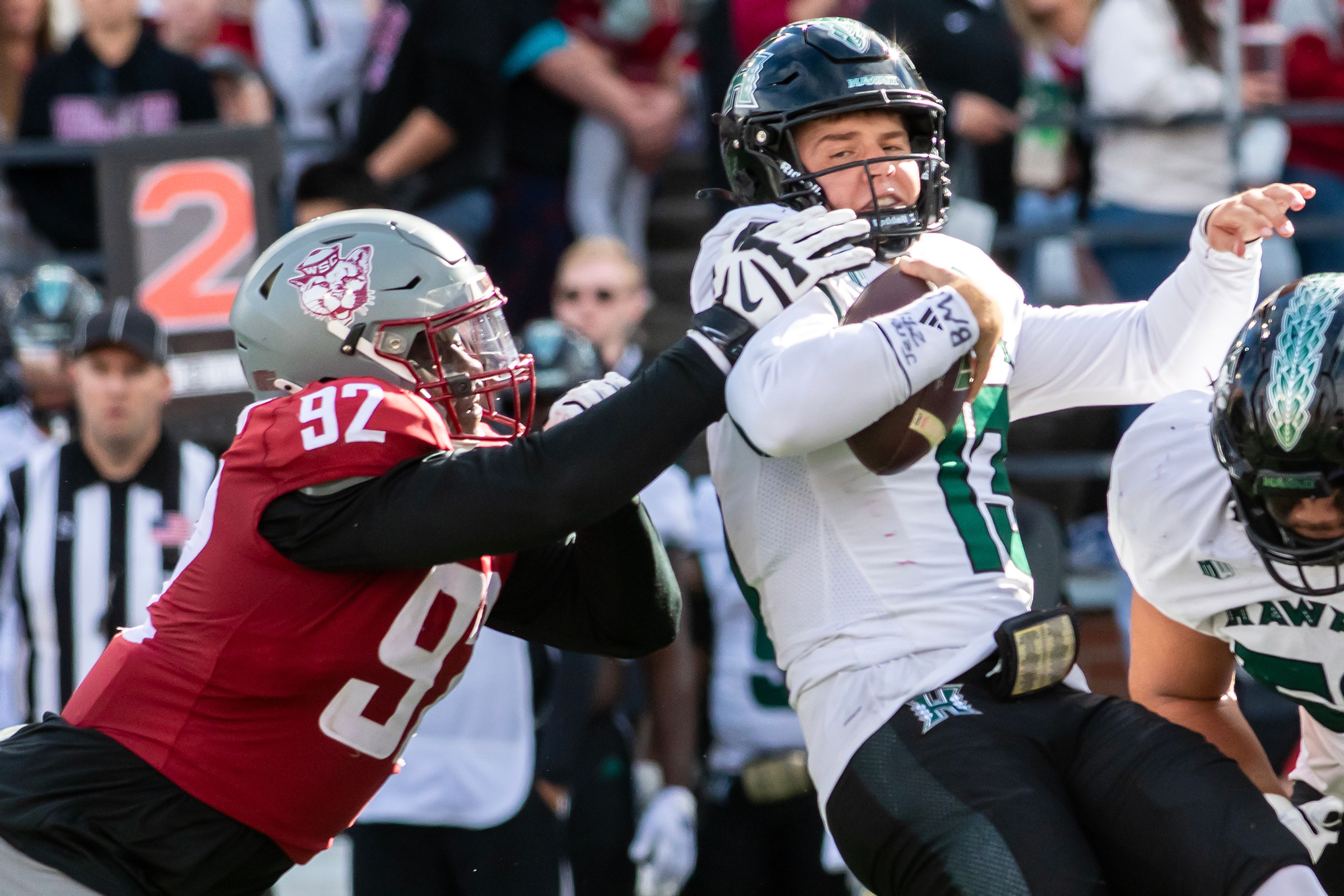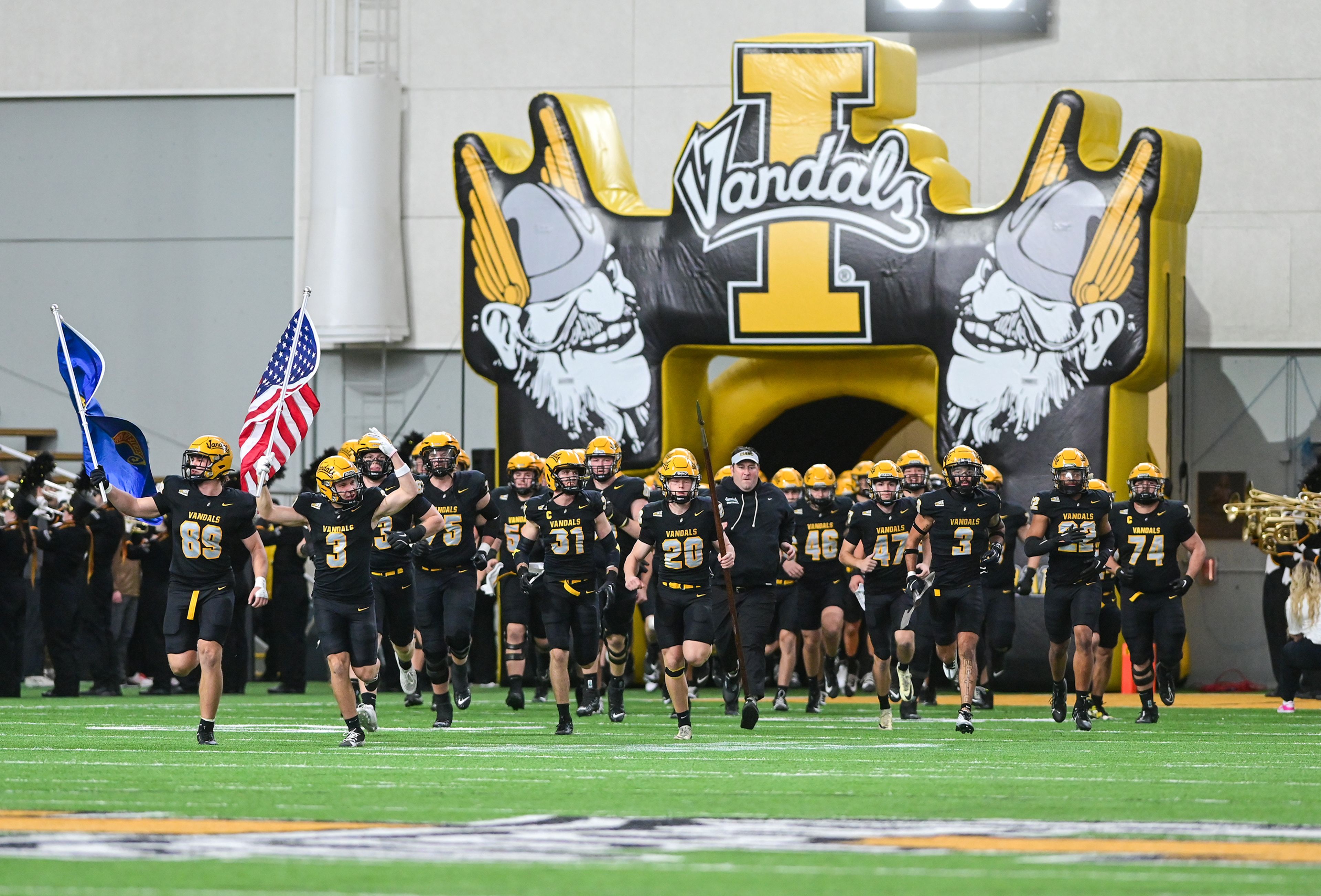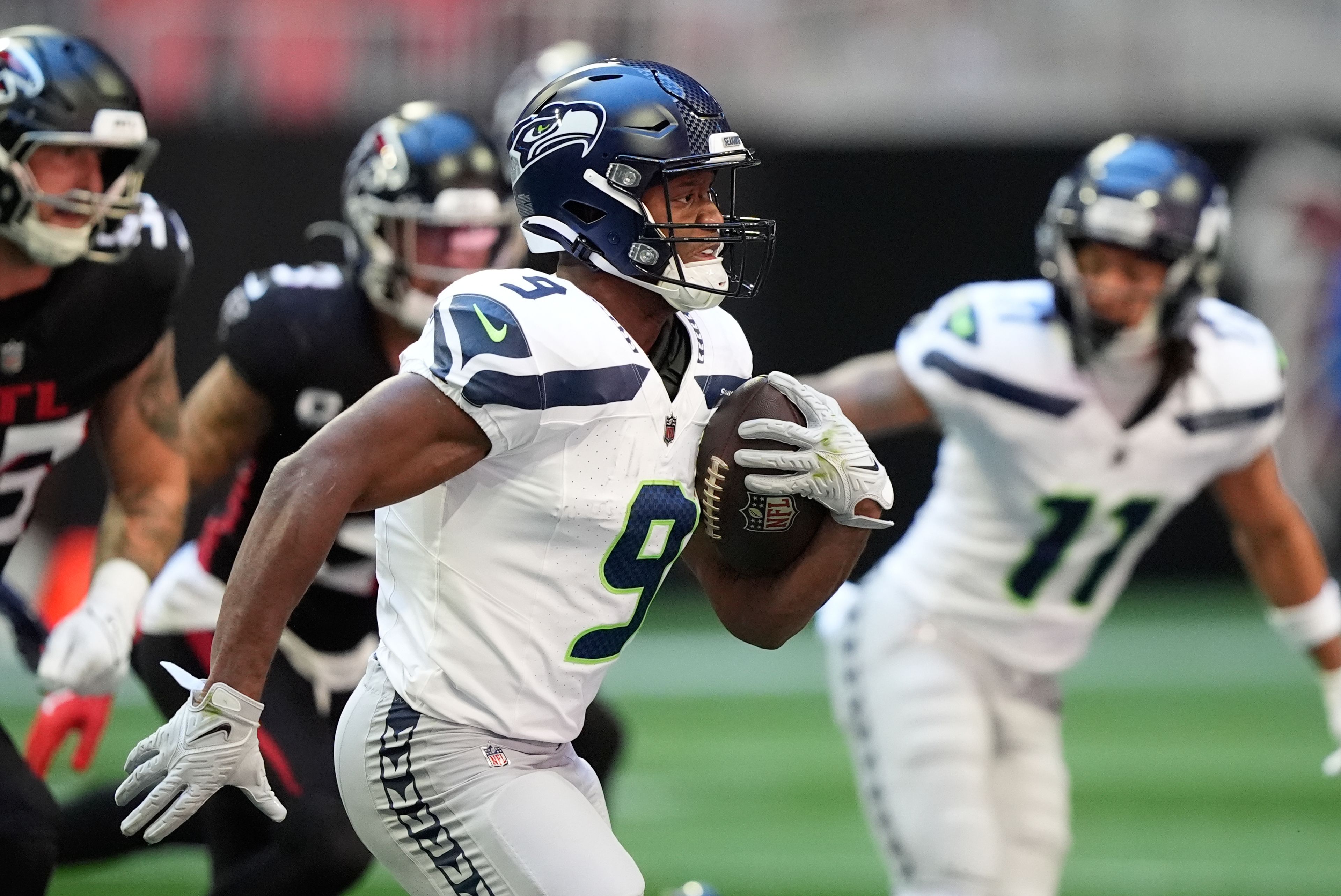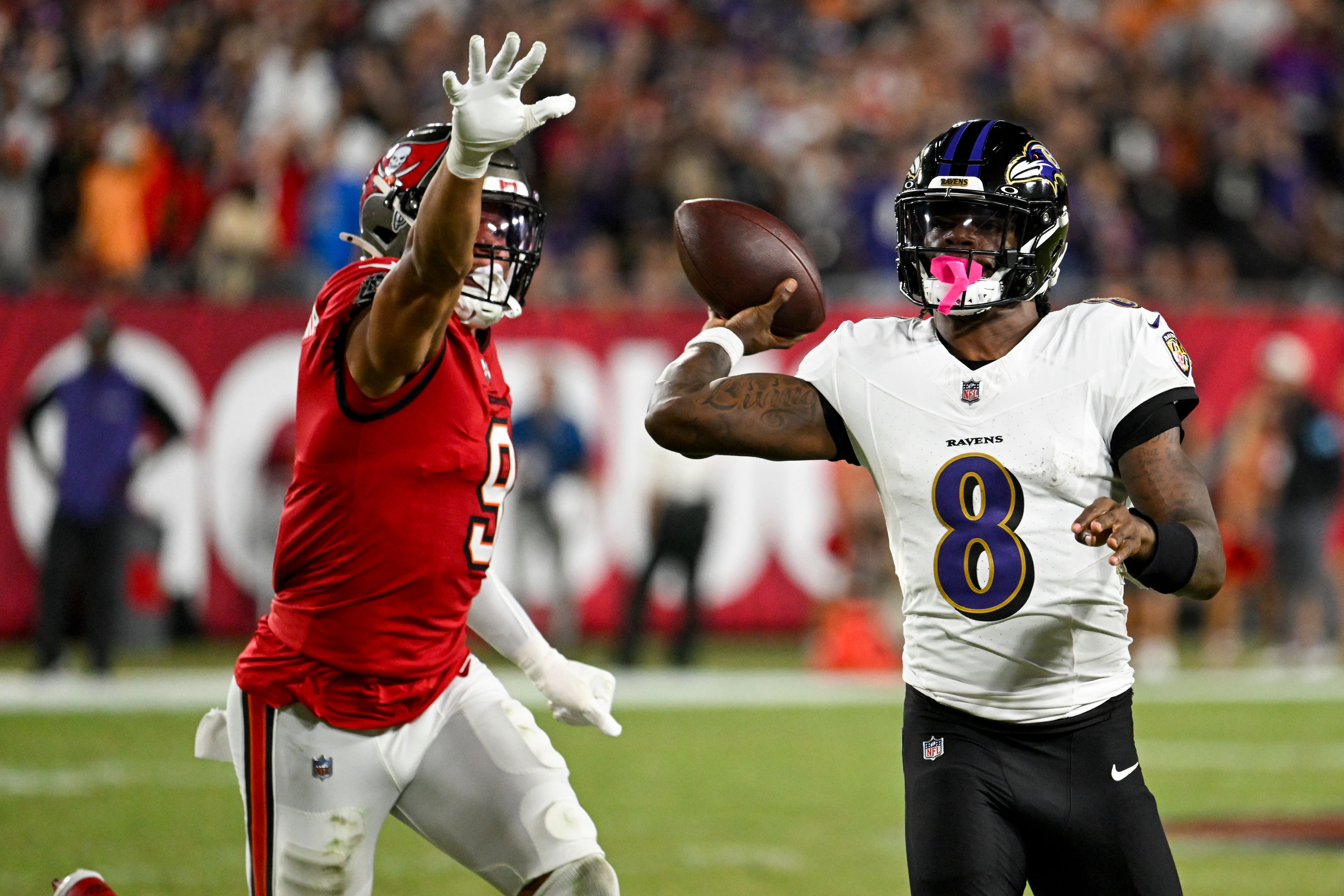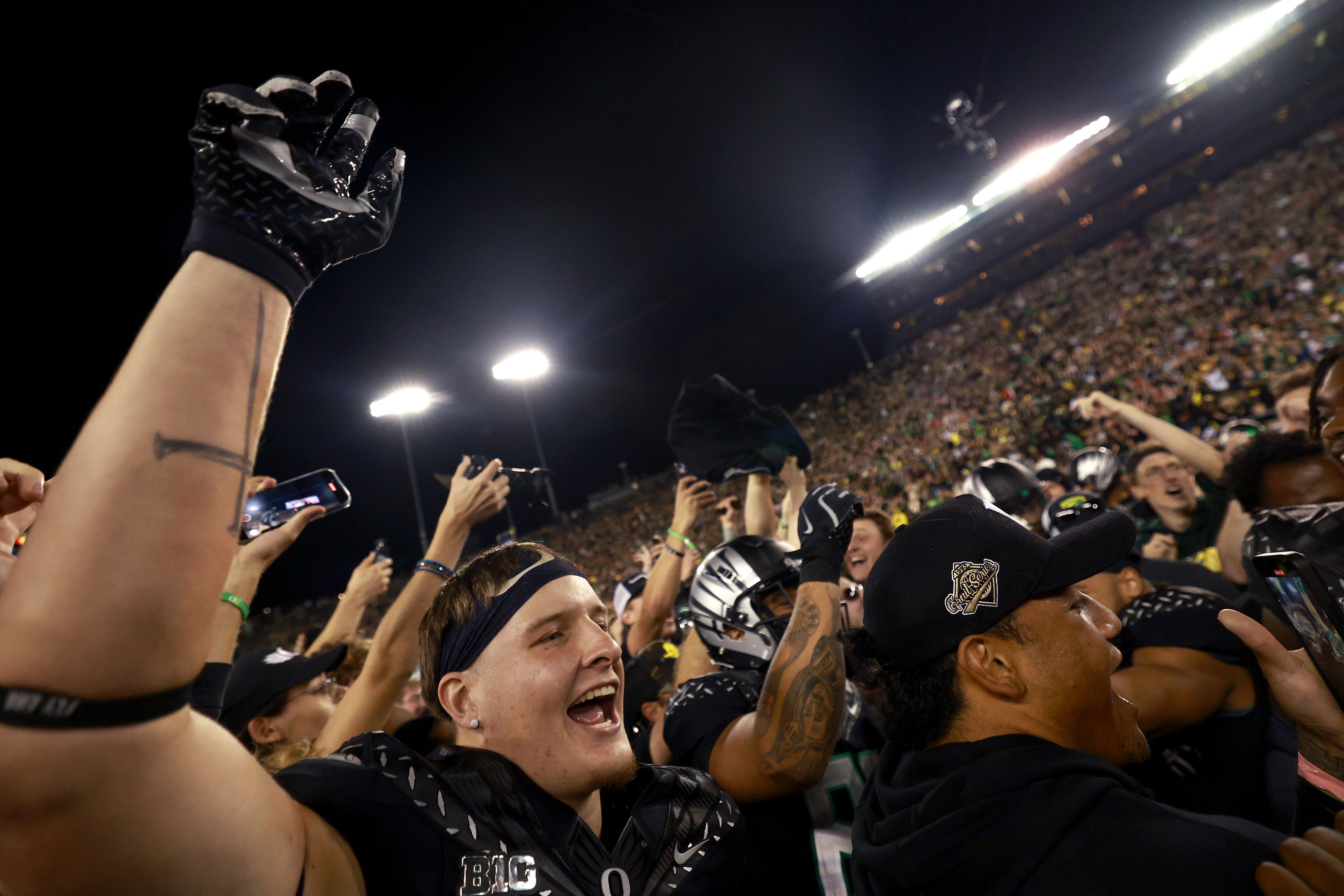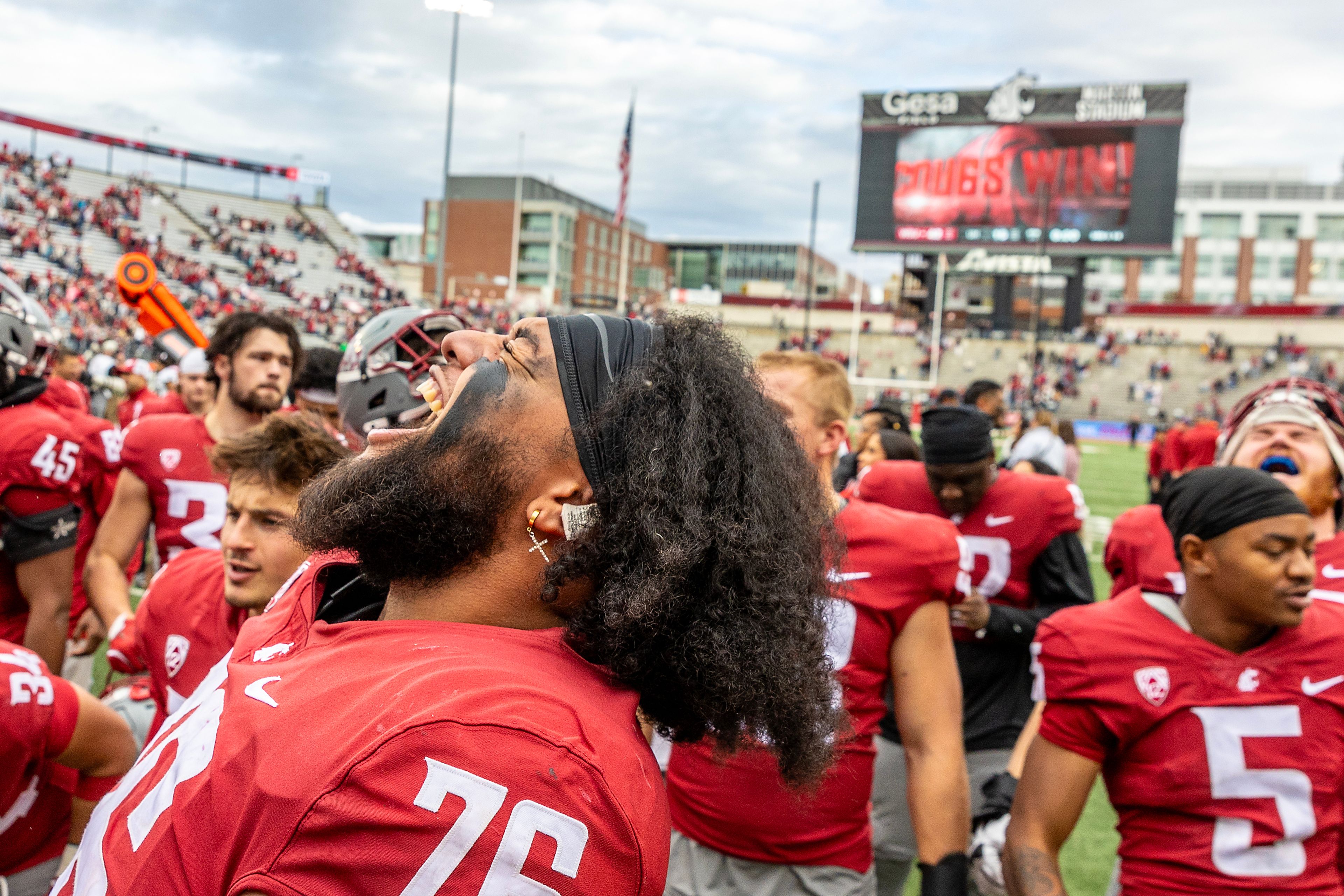NBA panel votes to keep Kings in Sacramento
Unanimous verdict deals major blow to Seattle hopes of bringing SuperSonics back to life.
SEATTLE - The NBA lowered an emphatic boom Monday on Seattle's hopes of bringing the Sonics back, as the league's Relocation Committee unanimously recommended that the Sacramento Kings not be allowed to relocate.
The recommendation of the seven-person committee will be forwarded to the NBA Board of Governors for a vote on the week of May 13.
But it is expected that the board will follow the recommendation of the Relocation Committee.
That puts a halt, for now, to Chris Hansen's nearly three-year quest to bring the NBA back to town.
Hansen leads a group that reached an agreement in January to buy the Kings from the team's current owners, the Maloof family, and then filed for relocation, hoping to begin playing in KeyArena in the 2013-14 season.
Hansen made an aggressive move for the team, offering $357 million for 65 percent, a total valuation of $550 million that was the most ever bid for an NBA franchise.
Sacramento Mayor Kevin Johnson, however, led an equally aggressive offer to keep the team in Sacramento - assembling an ownership group that made a bid that was said to be competitive to Seattle's - as well as a plan for a new downtown arena.
NBA Commissioner David Stern had said his preference was to not relocate a team, and his support of Sacramento's offer was likely a critical part of the team staying.
Stern was seen as helping the Sacramento group revamp its ownership group- now led by Vivek Ranadive, a co-owner of the Golden State Warriors - to get into position to make a bid that could keep the team. Johnson numerous times had said a key selling point of Sacramento's bid was that the local government had "stepped up" every time it had been asked to in recent years, specifically in helping fund arenas. Sacramento's plan for a $447 million arena includes $258 million in public money.
"I know this doesn't mollify the anger, but I think this decision was really about Sacramento and not Seattle," said Michael McCann, a sports legal expert and an on-air analyst for NBA.com. "I think it was an affirmation of Sacramento, and the significance of that, I believe, is that Seattle is still well-positioned for an NBA team."
It's unclear, though, what happens now with Hansen's effort to bring back the NBA to Seattle. The city has been without a team since the Sonics left for Oklahoma City after the 2007-08 season.
Stern has said that while expansion is "not a complete non-starter" in the long term, it is not being considered now, and there is no thought it is a serious immediate option.
And Hansen had targeted the Kings because they were seen as the team that might be the most vulnerable, with an aging and small arena, built in 1988, and an ownership group that had attempted previously to move the team.
McCann said "there's no obvious other team" available. If there is one, McCann pointed to the Milwaukee Bucks, whose arena also dates to 1988 and where there is still not a firm plan for building a new one. However, Milwaukee owner Herb Kohl-a former U.S. senator-is a Milwaukee native who has said he does not intend to sell the team or see it relocate.
While there was much celebrating in Sacramento-Johnson had scheduled a 5 p.m. rally downtown-there was no immediate reaction from the Hansen group.
Seattle Mayor Mike McGinn said in a brief statement he is proud of Sonics fans and their work to get Seattle a team.
"We're going to stay focused on our job: making sure Seattle remains in a position to get a team when the opportunity presents itself," he wrote.
The mayor has perhaps the most at stake politically if an arena deal stalls. Making a deal with the Hansen investment team is one of the most high-profile accomplishments of his first term.
McGinn and King County Executive Dow Constantine each attended a presentation made by the Seattle group to the NBA's Board of Governors in New York on April 4 to state the case for the city.
Constantine said in a statement Monday: "I'm disappointed, but undeterred in our quest to bring NBA basketball back to the Pacific Northwest. Today's decision doesn't mean this effort is over.
"From what I saw at the presentation in New York, Chris Hansen and his team have made the superior offer and the best pure business case for the NBA to return to Seattle. We have a documented fan and business base ready to step forward when the time comes. We are patient, but determined. I look forward to continuing our work with the Hansen group to return NBA basketball to the major media market and loyal fans of Seattle, King County, and Washington State."
Hansen's quest to bring the NBA back began roughly three years ago when he began quietly buying up land in the Sodo District. Hansen first let the city of Seattle know about his plans in June 2011, and the first public notice came in December 2011.
Hansen, who grew up in Seattle's Rainier Valley neighborhood, has said a seminal moment of his life came in 1979, when he was 11 years old and the Sonics won their only NBA championship. It still is the only championship for a Seattle team in one of the three major pro sports.
Hansen, now a hedge-fund manager who works out of San Francisco, wasn't in a financial position to make a bid for the Sonics when they were bought in 2006 by Oklahoma City businessman Clay Bennett, who two years later hauled them to Oklahoma.
There really wasn't much being done, either by local governments or private investors, to return the NBA to Seattle until Hansen arrived on the scene.
Hansen not only put together an ownership group that included Microsoft CEO Steve Ballmer, but also helped power through an arena deal approved by King County and the City of Seattle. The $490 million project for an arena in Sodo would have included $290 million in private money. Hansen also agreed to make improvements to KeyArena for the team's stay there.
The Memorandum of Understanding for the Sodo arena is good for five years, but would not go into effect until an NBA team is secured.
